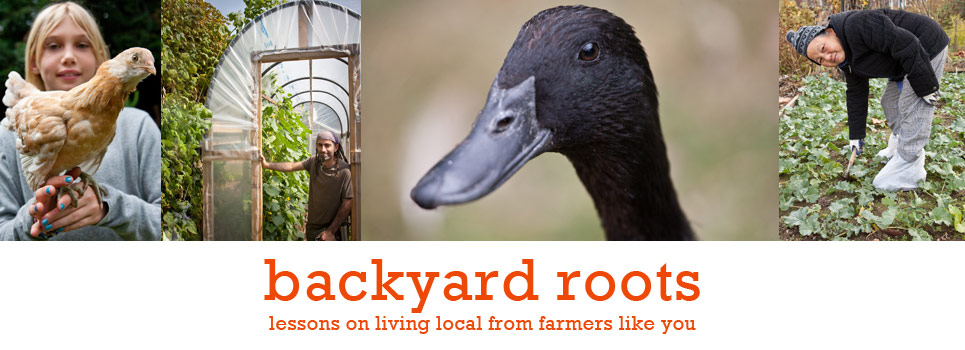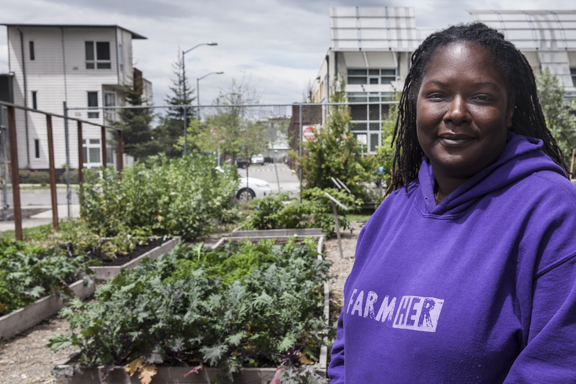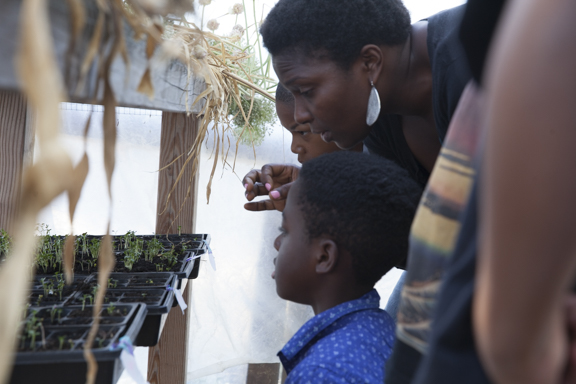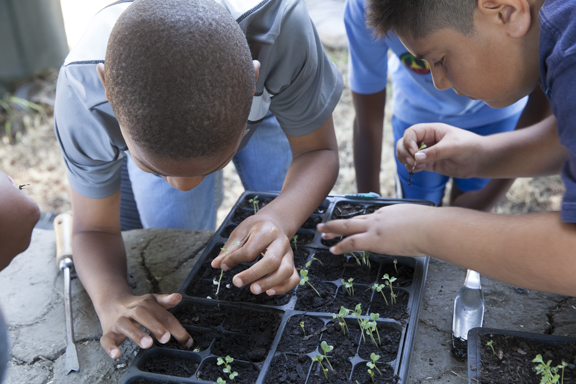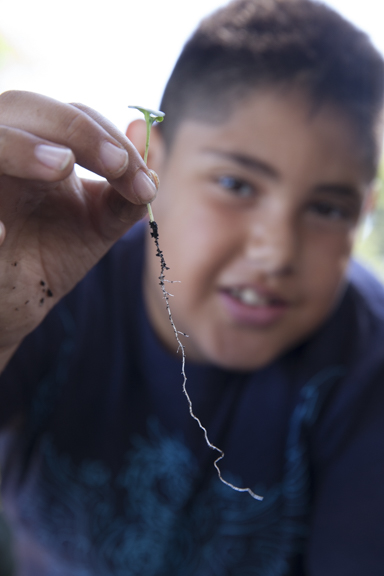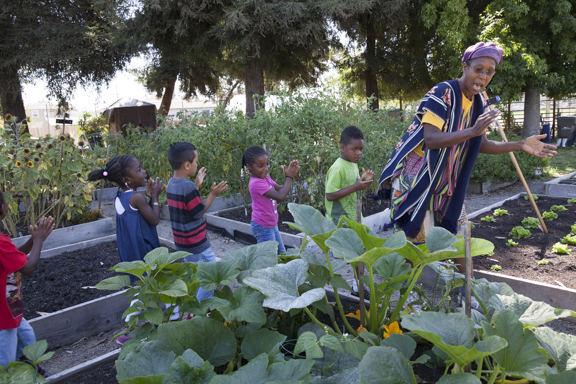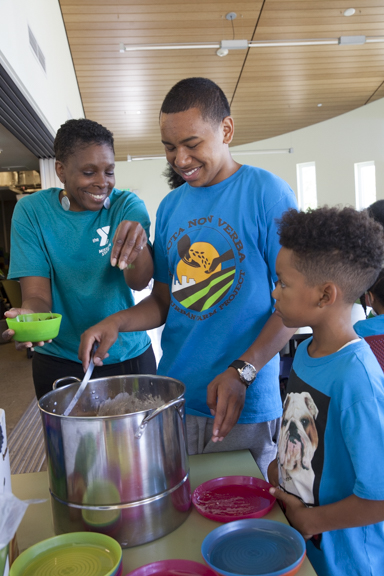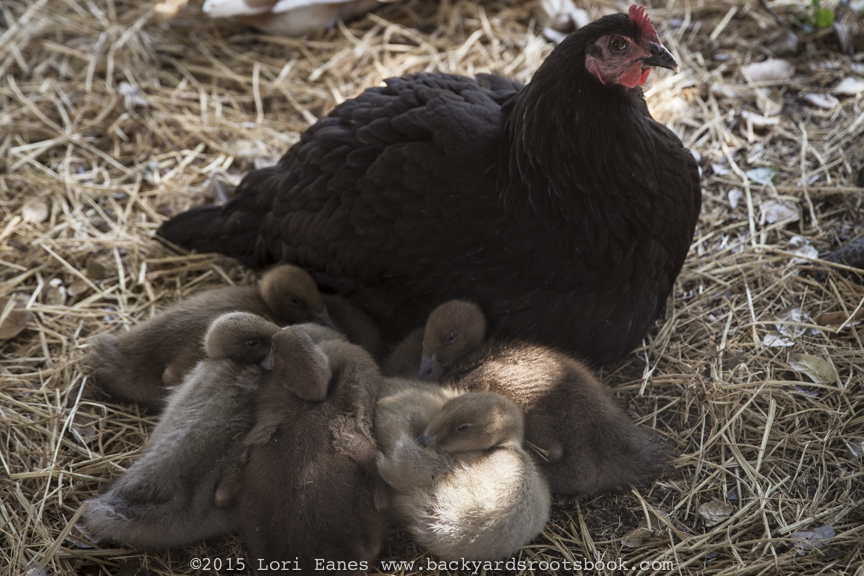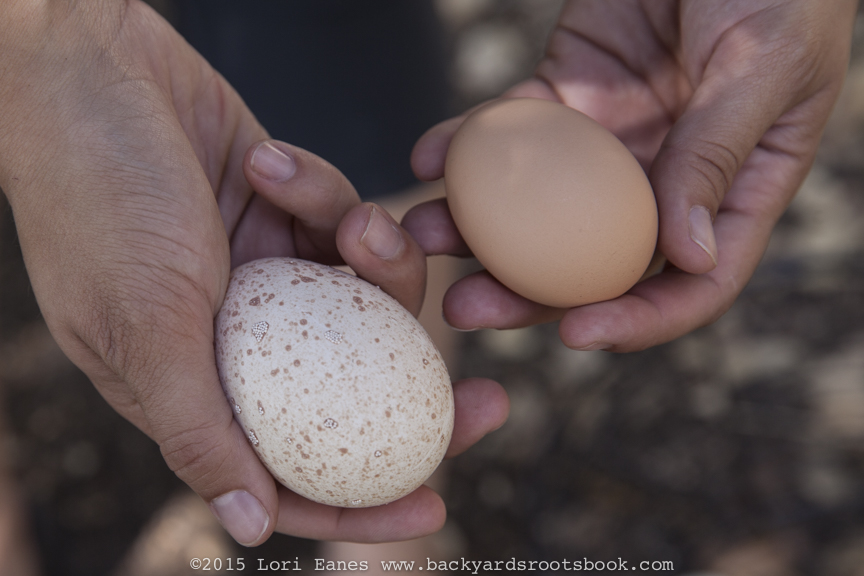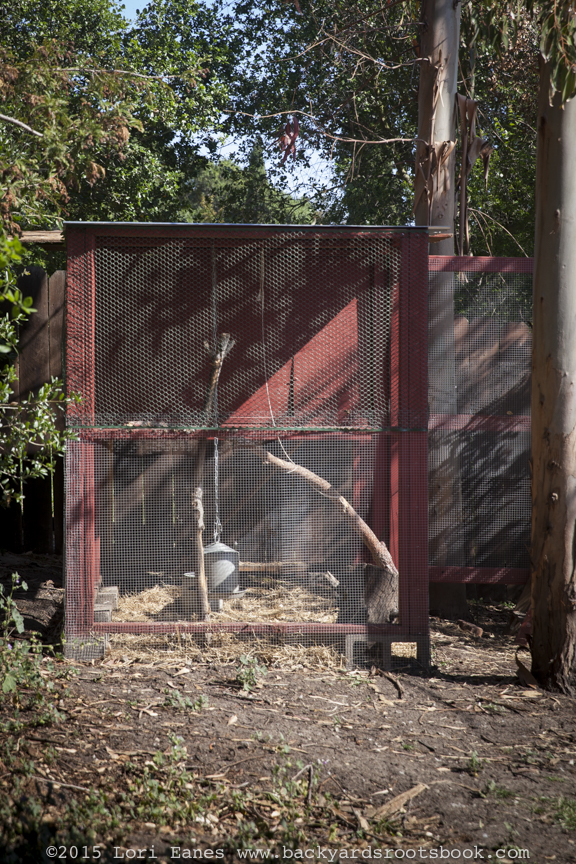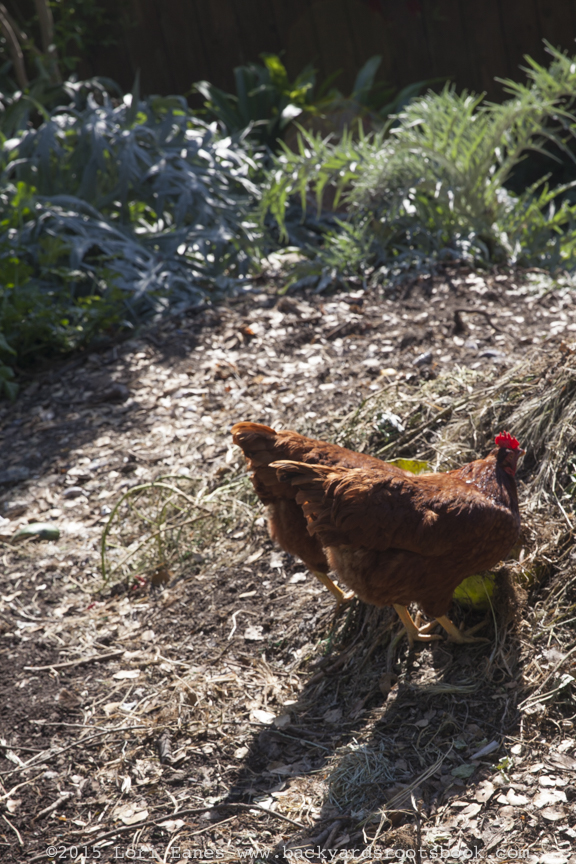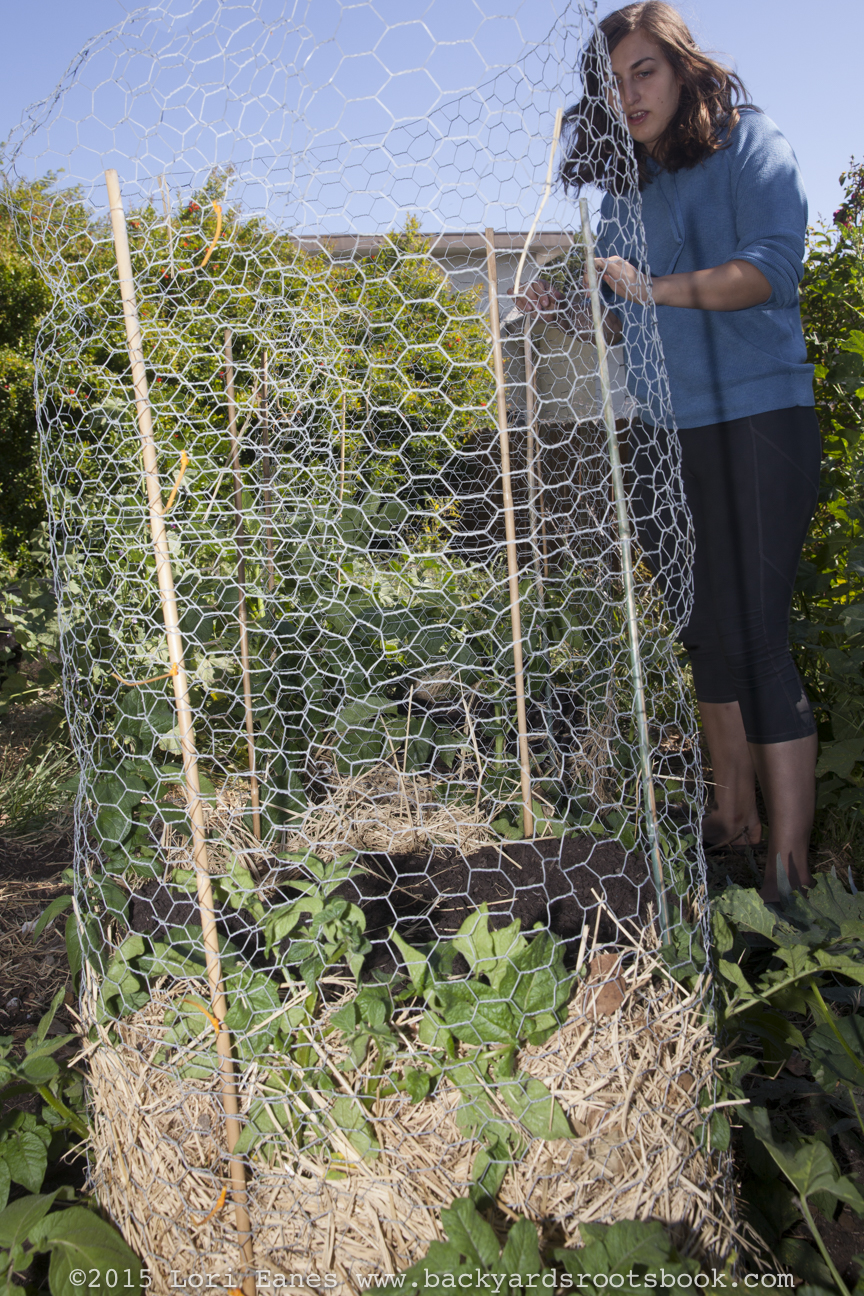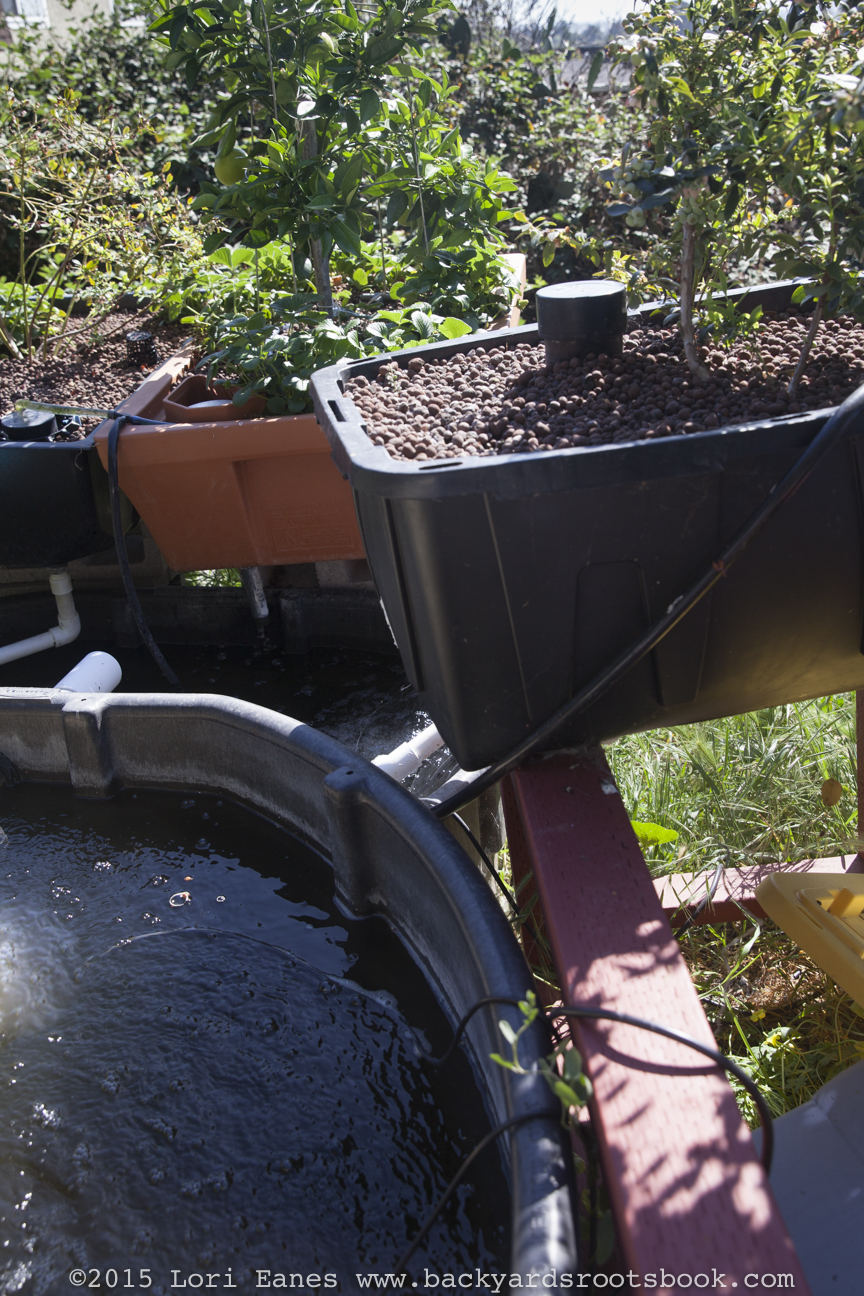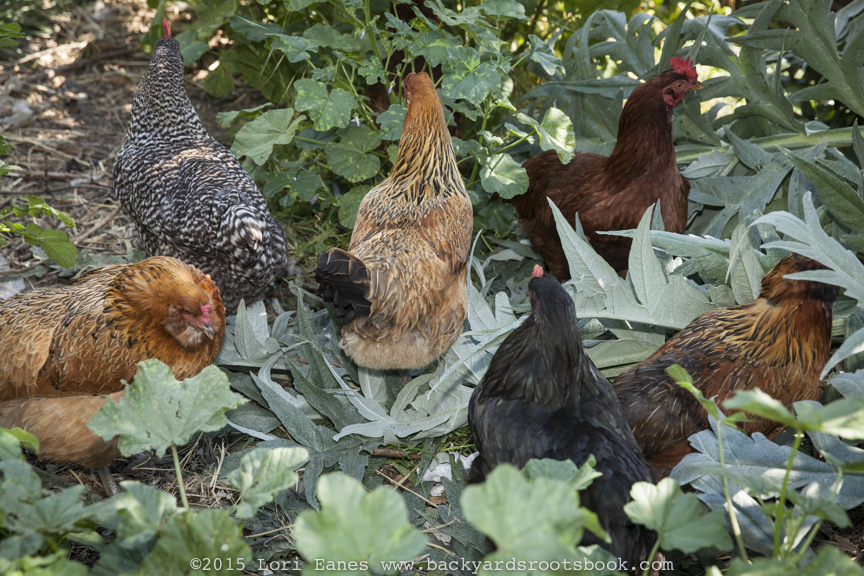Kelly Carlisle is a woman of action, so it’s appropriate the Latin name she selected for the youth urban farm project she started, Acta Non Verba, means “action not words.”
Back in 2010, Carlisle was a U.S. Navy vet who had recently returned to the Bay Area. At the time, she became upset over an article about East Oakland and its 40 percent dropout rate, its lack of opportunities, and its rampant crime and violence. It was deeply troubling to her, having grown up in East Oakland. About the same time, she noticed her daughter didn’t like going there, and Carlisle felt a bit of elitism creeping in. She also felt driven to make a change. Having recently gotten into growing food, Carlisle thought the way to reach kids was to get them involved in growing, too, and she settled on starting a nonprofit urban farm project for kids.
“The first thing I did was buy books,” said Carlisle, a reader who believes the power of change starts with education. The book, she said, told her to begin by “telling everyone.” She did, starting with her mom, her friends, and others. She perfected her elevator pitch, and then met Cynthia Armstrong, the director of Tassafaronga Recreation Center on 85th Avenue in East Oakland. Unbelievably to Carlisle, Armstrong was interested in her idea to set up a community urban farm on a quarter-acre portion of Tassafaronga Park.
Carlisle wrote up a proposal, and it was accepted. She got to work, writing grant proposals and planning the garden and the program. She has gone on to get many grants, but it’s never easy, she said. And it was especially difficult at first, being unknown, she said.
Carlisle learned a lot from the Rose Foundation for Communities and the Environment. She has a soft spot for the Oakland nonprofit that promotes community advocacy to protect the environment, public health, and consumers. Carlisle credits the foundation with helping her on many levels, from leadership training to technical support.
It was through the Rose Foundation that she met a fellow nonprofit leader who led to her being invited to a presidential dinner last year. “I wasn’t going to go, but everyone said I should. So I got myself the very best Ross Dress for Less dress and went.” Carlisle also got the incredibly stressful honor, she said, of being selected to sit next to President Obama while he talked about her program.
Today Acta Non Verba farm offers summer camps for kids from kindergarten to eighth grade plus spring- and winter-break classes. The kids learn all about growing, from seeds to harvest, and they sell the produce on a farm stand and through CSA farmers. The profits they earn go into a savings account for college, an idea that came to Carlisle after she read kids who save for college are seven times more likely to go to college. Their activities also include cooking, dance, and art; the summer camp offers a healthy homemade breakfast, lunch, and snack.
Acta Non Verba takes all kids, but the nonprofit generally charges a small fee. Carlisle said that’s because she has found people value the program more when they pay for it.
Carlisle’s advice to others who wish to follow their dreams comes from a book she loves, The Four Agreements: A Practical Guide to Personal Freedoms. “Be impeccable in your intentions,” she said.
It’s good advice that she practices—just like the axiom that hits even closer to home: action not words.
Visit Acta Non Verba website here.
This story originally came out in Oakland Magazine October 2015.
